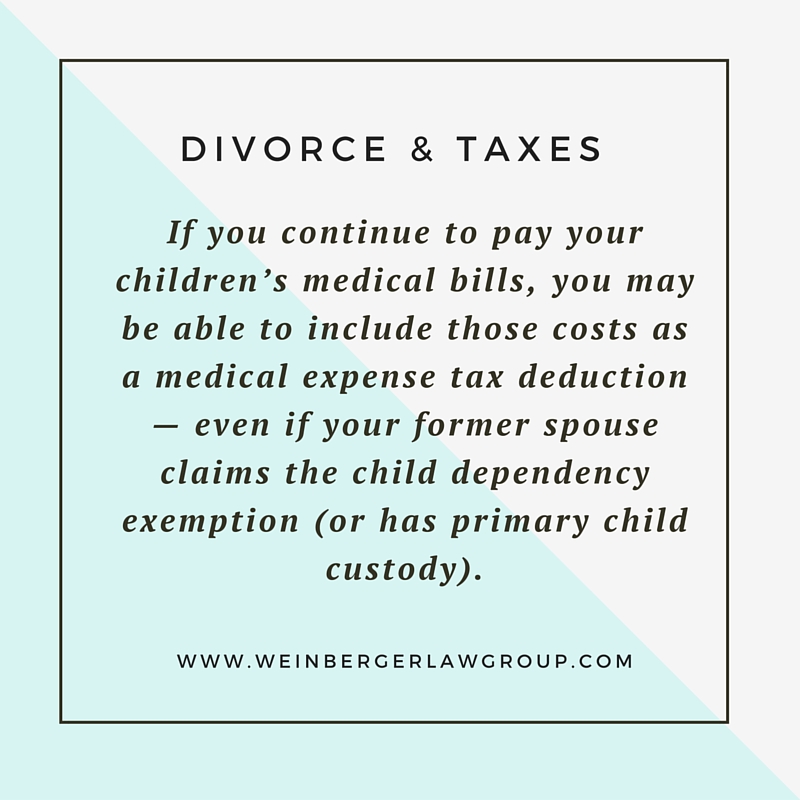Blog Series: Your Checklist For Filing Your Taxes After Divorce

Ending a marriage is difficult enough. But if you’re recently separated or divorced, you have the added burden of figuring out a new and potentially more complicated tax situation. How will your divorce affect how you file your income taxes…and what’s the impact on what you will owe or receive back from the IRS? Our 3-part series, “Filing Your Taxes After Divorce,” delivers the answers you need to understand and feel more confident about possible tax changes coming your way.
Our series makes it easy to understand how divorce affects your tax situation:
Part 1: Filing Your Taxes After Divorce: Filing Status & Claiming Dependents
If you filed a joint tax return in the past, as most married couples do, your filing status will be changing after divorce. What is the potential impact on exemptions, credits and deductions when filing a separate return? Should you claim “Head of Household” status… and who gets to claim the kids? Divorce settlements often provide guidance as to which parent can claim the children as dependents on their return. For parents in shared 50-50 custody arrangements, especially, parents may decide to swap years for claiming children, or come up with a different arrangement. Before you start filling out your tax paperwork, get a clearer overview of what to expect.
Part 2: Filing Your Taxes After Divorce: Child Support & Alimony
What are the tax implications of child support or spousal support payments? Will you owe less to the IRS if you pay these amounts, or owe more if you receive them? Important note: This information may be helpful not only to those currently working on 2016 tax returns, but also to those in the process of negotiating marital settlement agreements that include support provisions. Divorcing spouses sometimes overlook tax implications that can have a significant impact on each spouse’s post-divorce financial condition.
Part 3: Filing Your Taxes After Divorce: Property Transfers & Retirement
Selling property like real estate or stock shares normally results in the seller paying capital gains tax on any appreciation in value. Withdrawing money from a tax-deferred pension or retirement can likewise create taxable income. Have any of these “taxable events” taken place in the past year as a result of your divorce? For anyone who has sold their home, divided a stock portfolio, or split their 401K, this is important tax information you need to know.
Have questions about your divorce and its implication on income taxes? We can help. To meet with one of skilled family law attorneys to discuss your situation, please contact us today to schedule your confidential consultation.
Read More:
3 Secret Tax Deductions You Can Take After Divorce
4 Tips for Filing Your Taxes When You’re Divorced



